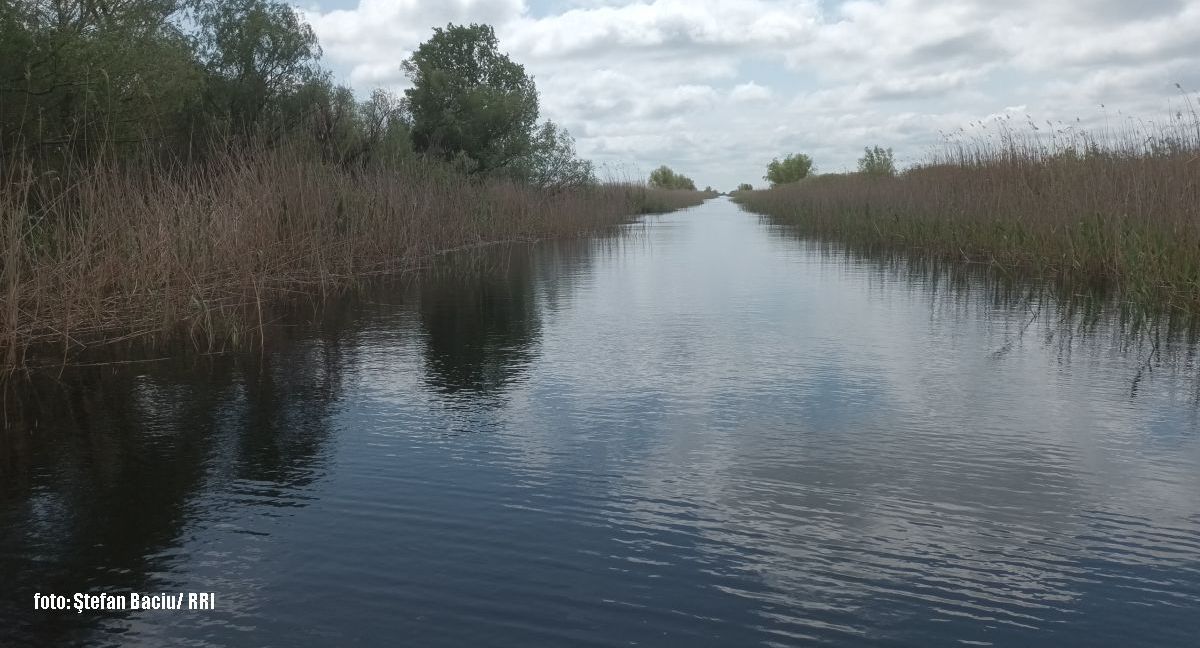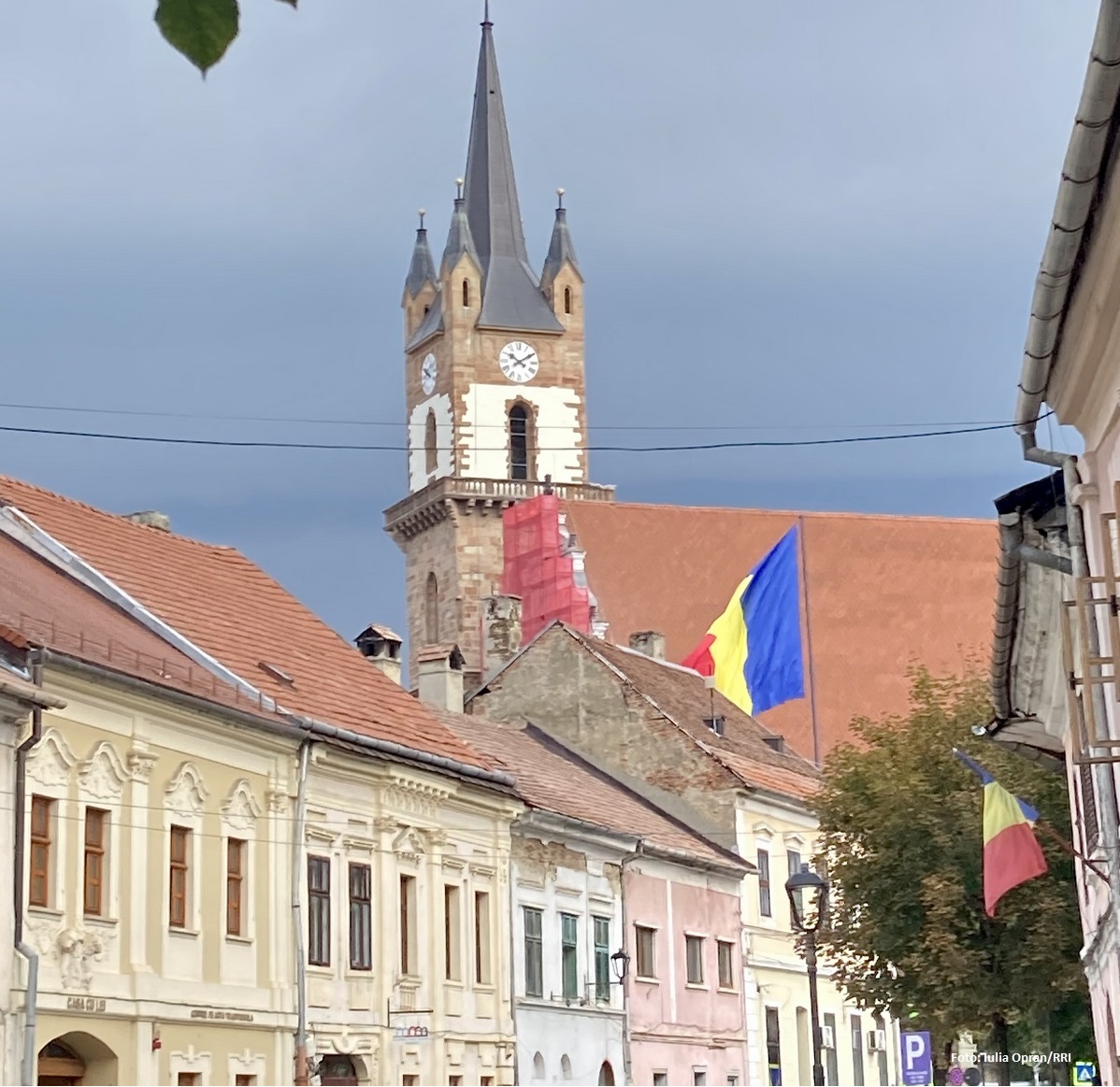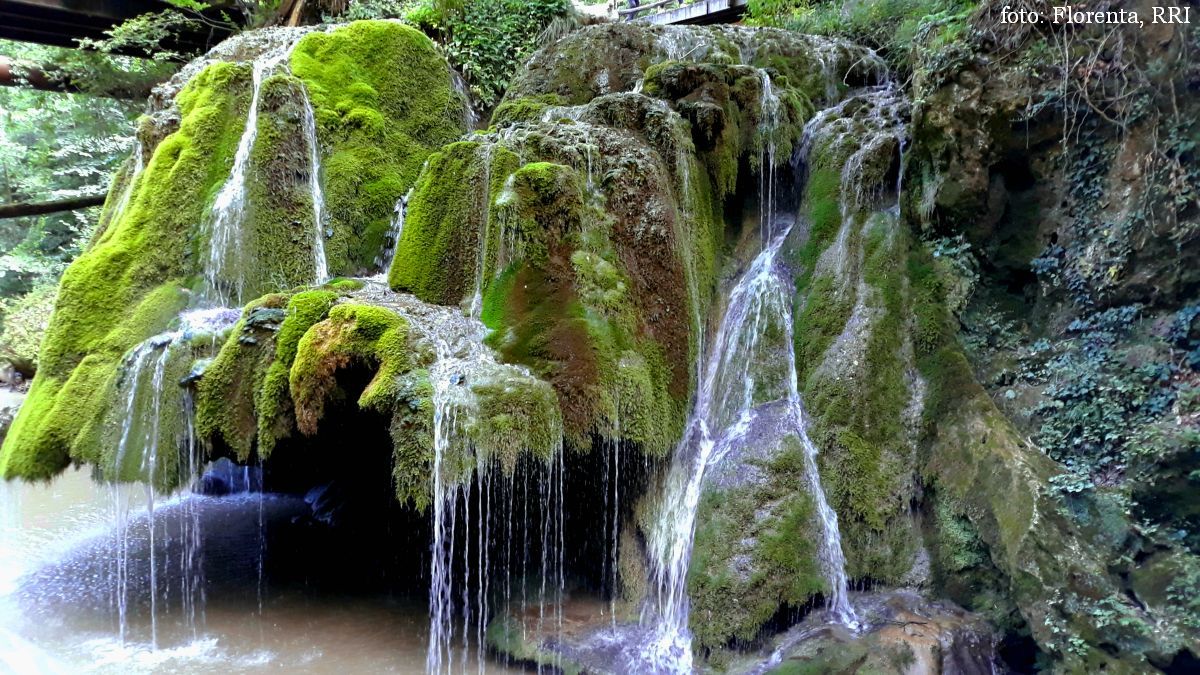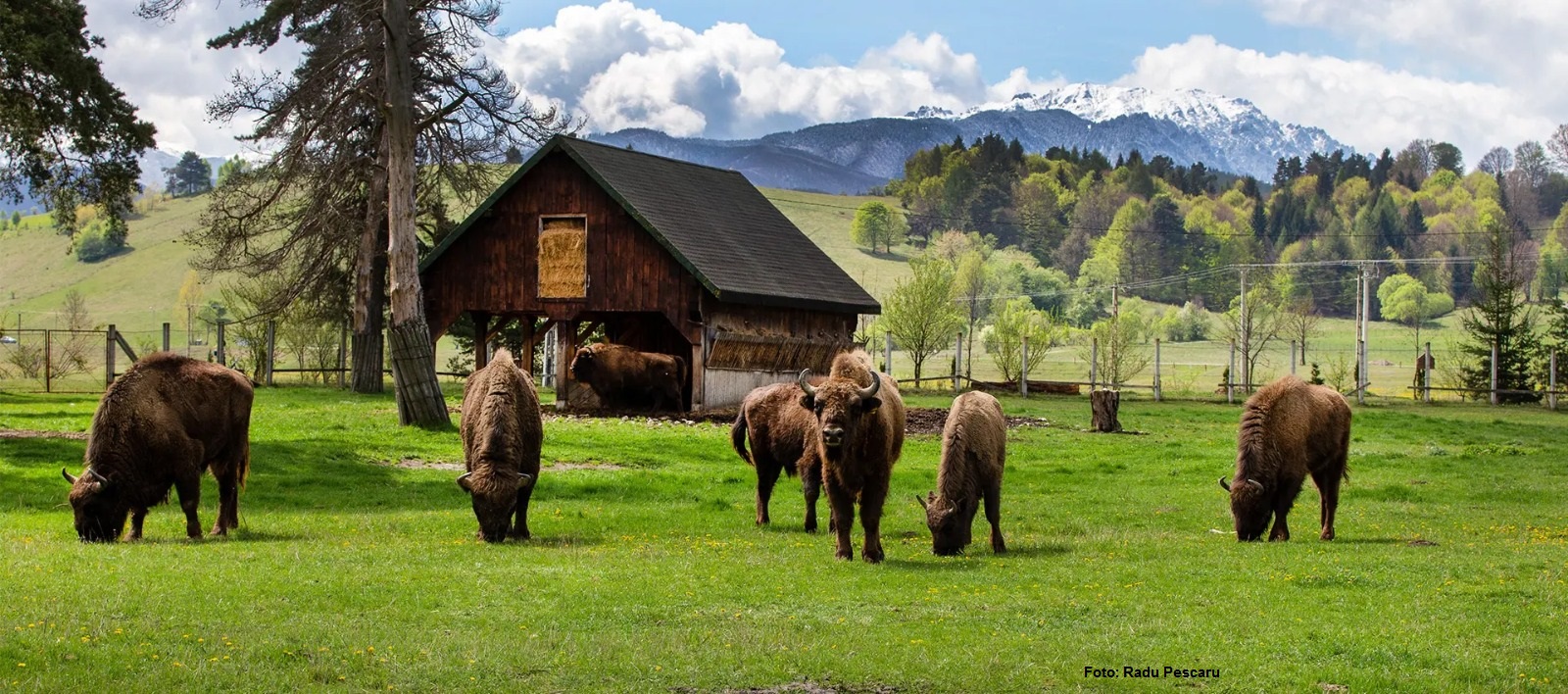Ecological tourism in the Danube Delta
The Danube Delta, the second largest and best preserved of Europe’s deltas, was inscribed on the UNESCO world heritage list in 1991 as a biosphere reserve of national importance

Daniel Onea, 20.06.2024, 14:00
The Danube Delta is considered a natural paradise and a destination for sustainable tourism.
Today we will talk about ecological tourism and our guide will be Iliuță Goean, who established his own travel agency 15 years ago and ever since has been encouraging others to discover the beauty of the area and to preserve its riches:
“Imagine paradise! This is the Danube Delta. It’s the last wild area in Europe, the only place where you can actually feel that you are in the middle of wilderness. It has the biggest biodiversity in Europe; the largest number of species of birds, insects, plants and fish. Ecological tourism is about not interfering with nature in any way, about trying to leave as small a footprint as possible when you pass through the area and especially about not destroying the area. We need to educate people more, especially young people, because they are the future, and teach them about ecological tourism.”
The best way to visit the Danube Delta without feeling that we have destroyed something is to travel by average or low-speed boats, and in no case high-speed boats, says travel guide Iliuță Goean. Fast boats are especially damaging to the Delta’s ecosystem. Another environmentally friendly way of visiting the delta is by rowing. Iliuță Goean explains:
“Rowing is truly the most ecological way of exploring the Danube Delta. I’m not from here, from the Delta. I came here 20 years ago to stay. I had been visiting this region for a number of years, every summer and autumn, for fishing. But 20 years ago, I decided I was going to live here and I moved to Mila 23. I had stayed at various places around the delta but chose this village because I think it’s the best place from where to explore the delta. It is located on a former corner of the Sulina branch and is not so heavily affected by commercial navigation as the Danube’s main branches. It’s a peaceful, beautiful place and has an exceptional traditional cuisine. The Ivan Patzaichin Museum opened here recently, a landmark in the Danube Delta at the moment. After many years, the Ivan Patzaichin Association has also managed to create a route for paddle boats and will soon launch an app that visitors can use to explore the Danube Delta. For those wishing to travel by motorboats, these run on Monday, Thursday and Sunday. We welcome visitors in Tulcea and take them to Mila 23. We work with local guesthouses run by people from the area who know all about the perfect Danube Delta food.”
You may feel tempted, prior to coming to the Danube Delta, to look for accommodation yourselves, to search for transfers and trips. But we’ re dead positive the result may not be the envisaged one.
“Many people think that, coming in the middle of the Delta they ‘re sure to ruin into guides and boats, in droves, who are waiting to take them somewhere. That is in no way true, because, by and large, accommodation units are small and their entire logistic is tailored to fit the size of their own house. So, if you booked accommodation somewhere and do not benefit from the boat programs, you’re sure to be left out. So I always recommend people to buy a full package, because that if the only way for you to be able to study what particular kind of boat will take you places. If there is that kind of plastic-enclosed isolette where you can hardly have the chance to see anything, that’s to be completely avoided. I wholeheartedly recommend the open boats, where you can live an authentic experience. You can see, you can hear. There are hundreds of bird species that mostly sing in the spring and it would be a pity for you not to hear them. And if would also be a pity if you miss the show of the flying birds. Half of the birds you shall see, you shall see them as they fly. In an encloses boat, you’re sure to be deprived of such an experience. “
The Danube Delta is Romania’s perfect destination for the watching of special bird species. Birdwatching is a recreational activity enabling you to know the environment, to watch the favourable circumstance for the existence of birds or of other fauna species. While people are doing such activities, a too close invasion of birds’ nests is not recommended, lest you disturb the birds and scare them. Photographing is done with no flashlight on, while the communication between tourists should be a quiet one, so everybody can enjoy it: the tourists, who are passionate about nature, but also the birds that should continue their daily routine undisturbed.
“Birdwatching programmes start from 1,500 lei per person for four days and three nights, and that timespan includes two transfers. The first and the last day are actually the transfers that are being made, with a stopover for birds, while the remaining two days are extremely eventful. There are also initiation programs for children. There are many families who want to educate their children and take them to that particular kind of ecological tourism. They bring them for a tour of initiation into birdwatching. There are dedicated guides for such projects, these people are eager to teach kids what the art of birdwatching actually is, to explain them all about birds. Children are fascinated with such pieces of information and with what they can discover and they can also forge a fine way in life for themselves, through such programs.”
The photographers of those who are into bird watching can come anytime throughout the year. On the other hand, those who want to discover nature and relax, they can come from April all through to October. Some other time throughout the year, says Iliuta Goean, a tourist guide and the owner of a travel agency in the Danube Delta.
“In late autumn fishermen come over, in winter photographers and birders also come as there are bird species that only winter in Romania. They can only be seen in winter, but not in summer. Yet bringing you child over with you on a winter holiday in the Delta, if you do not have such a passion, that is not very comfortable. From the bottom of my heart, I recommend that you come and see the Danube Delta, and discover it. Make sure you’re extremely cautious when you buy a tourist package! The boats need to be open so you can have a wonderful experience and I wholeheartedly recommend other people to see for themselves what you had experienced already. You can enjoy nature, cuisine, peace and quiet, you can enjoy all that you do not come across very often someplace else. If you’re into bird watching, please come over April 15-June 15, if you want to have warm weather and have a swim, if you also want to go to the sea, in Sulina, please come during the summer season. If you’re passionate about the migration of birds, September all through to October, that again is a fine period of time for you to come.”
Therefore, the holidays season in the Danube Delta starts in April and s all through to October. The of events is quite comprehensive and includes the ANONIMUL International Independent Film festival, Tulcea Fest, The Days of Sulina, The Celebration of the Mile 23 village, The Celebration of the Fish Thick Sour Soup in Crisan, The Danube Delta Marathon in Sulina. These are scheduled during the season, during summer.






























